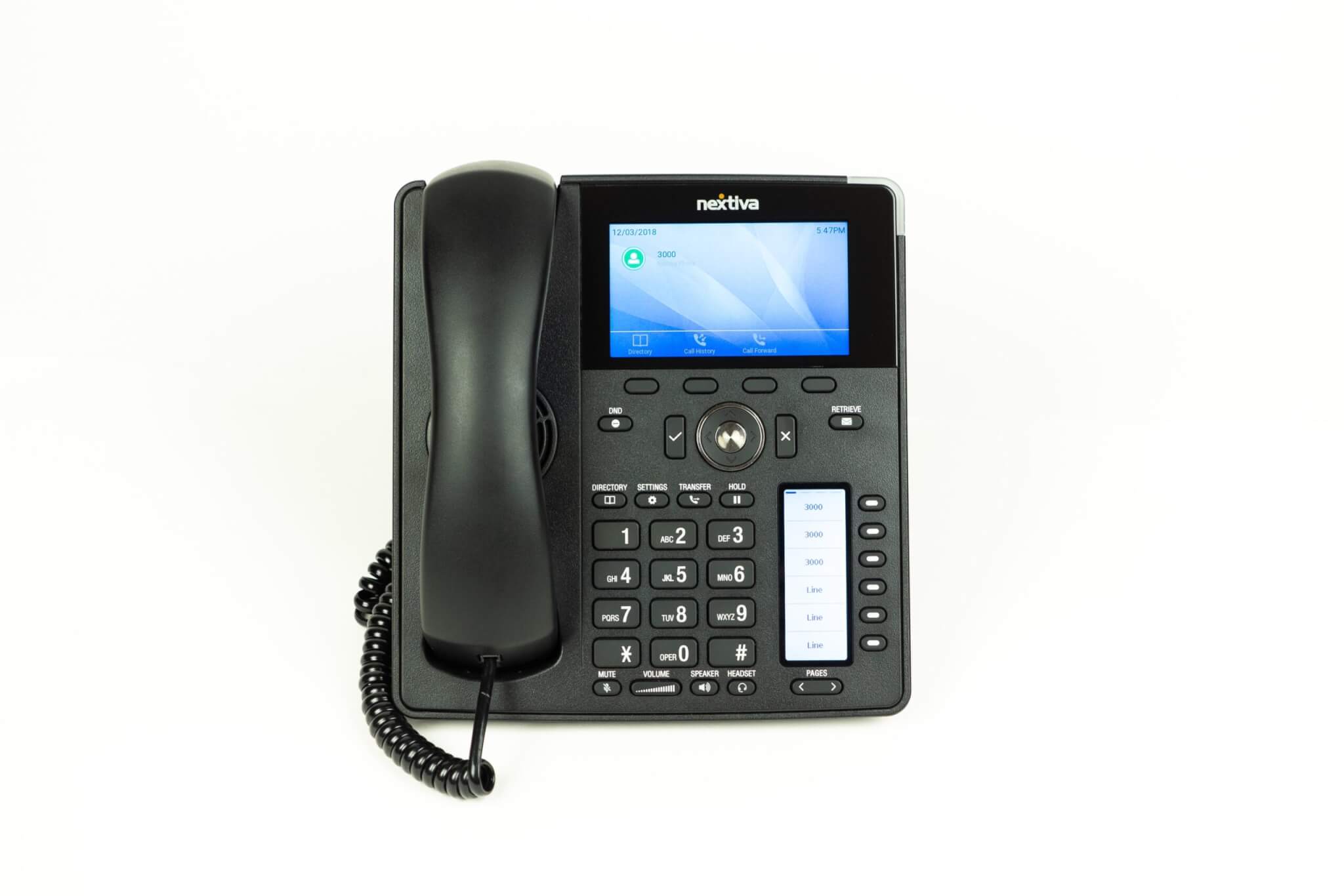4 mobile communication questions you should be asking
In March 2017, Android surpassed Windows in Internet usage market share, according to CIO Magazine. Millennials consider mobile communication indispensable and by 2025 they will comprise more than 70% of the workforce.
The explosive growth of mobile devices and applications has given birth to an “anywhere, anytime” mindset when it comes to today’s workforce. Employees, especially Millennials, expect to conduct business and perform work-related tasks (beyond just making and taking calls) from any location, at any time and on any device.
If this isn’t the kind of experience that your current business phone system offers, it’s probably time to re-evaluate if it’s meeting your needs.
Here are some mobile communication questions to ask:
Does My Phone System Support Bring-Your-Own-Device (BYOD)?
Most smartphones used in the workplace are personal devices. In fact, fewer than 25% of employees have issued a corporate smartphone, a recent Gartner survey found. And as workers become more mobile, so do their devices. Gartner anticipates employees will move towards smaller and more portable devices, with tablets, wearables and ultrabooks becoming the main work devices by 2020.
For businesses, BYOD puts new and unique demands on the phone system. Not surprisingly, employees want business apps that are as easy to use as personal ones. They also demand seamless connectivity and the ability to remain connected to calls as they move from office to car to home. For true remote productivity, your VoIP phone system should not only enable these capabilities but also make other key features like voicemail, presence, and meeting participation, easily accessible from mobile devices.
Can You Distinguish Work from Personal?
Among the challenges, BYOD devices present are privacy and the ability to reimburse costs. Although employees prefer to use their own devices, they typically don’t want their personal numbers showing up when making work calls. On the flip side, companies don’t want to foot the bill for personal calls and messages. Thus, your communications technology should have the ability to display corporate phone numbers on caller ID and to easily separate work and personal calls so reimbursements can be accurately tracked and submitted.
Does It Foster Collaboration?
Mobile communications technology has evolved far beyond basic phone calls in our personal lives – and this is just as true in the workplace. With more employees on the road or working remotely, the nature of collaboration is changing and businesses need to adapt.
To keep productivity levels elevated, companies should deploy communication technologies that offer more pathways to collaboration. Beyond audio conferences, this means adding video, chat, team messaging and screen-sharing capabilities. What’s more, this functionality should be easily extended to all types of mobile and desktop devices.
Is It Secure?
When employees spend less time working in the office, they spend more time connecting through unknown networks – whether they’re in a remote workplace, at home, at the airport, or at a local coffeehouse. This can raise safety concerns, particularly for highly regulated industries like financial services or healthcare. Be sure your communications solution supports security methods such as encryption and authentication, which are designed to keep voice and signalling safe even in public hot spots.
What To Do Now?
So how does your current phone system stack up? If you answered “no” to any of these questions, you may be missing out on the most significant benefits of a mobile workforce. By upgrading to communications technology that supports an “anywhere, anytime” business mindset, you’ll hand your mobile employees a set of tools that make them more productive and your business more competitive.



